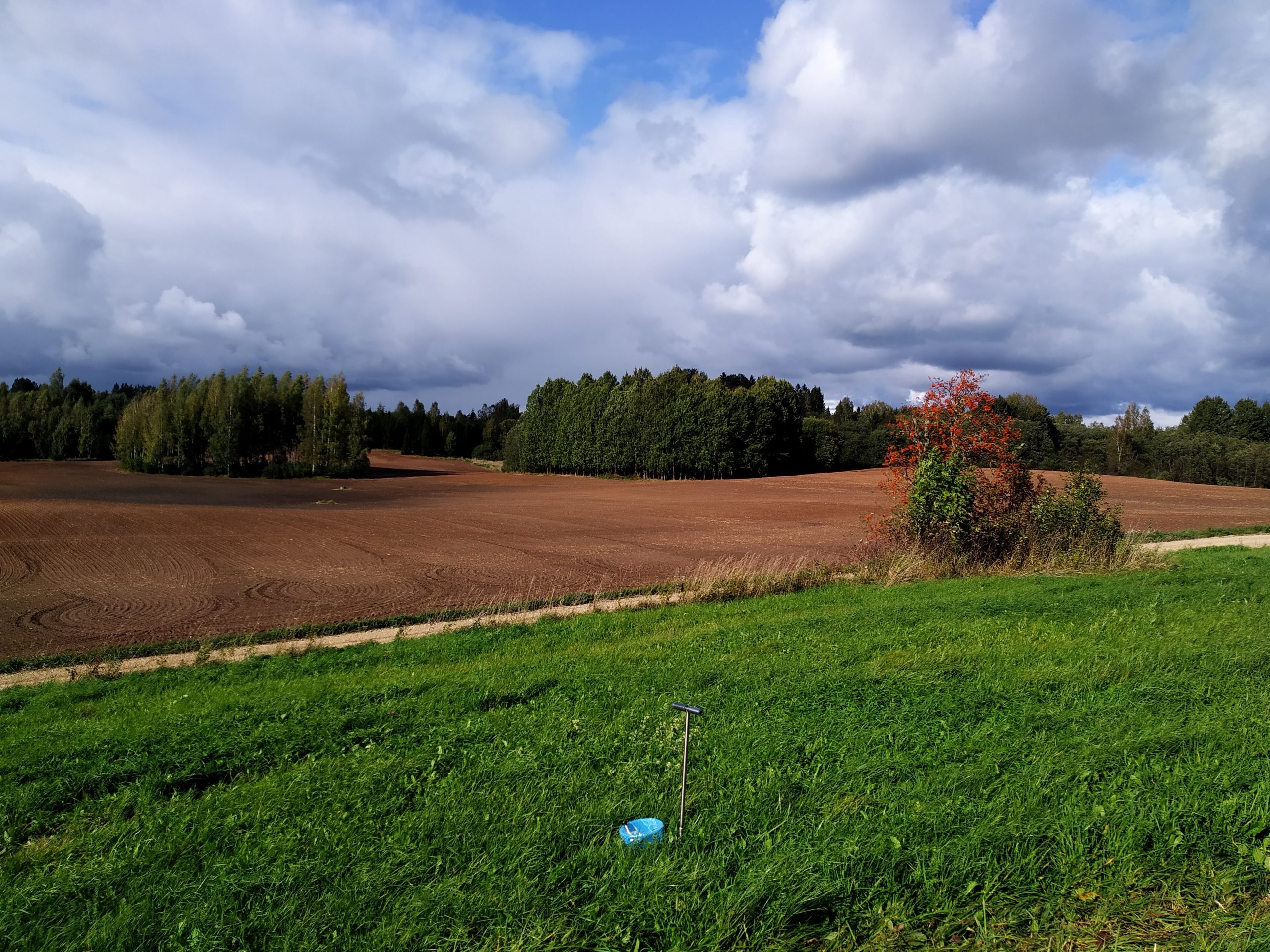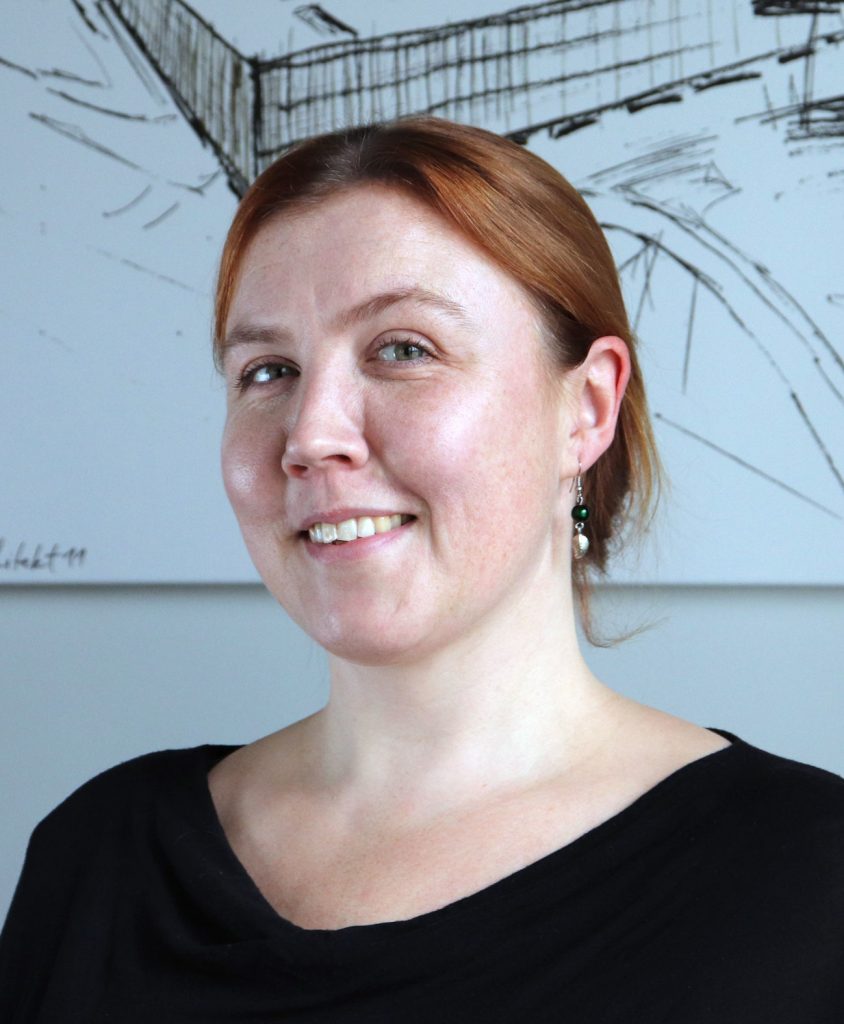People
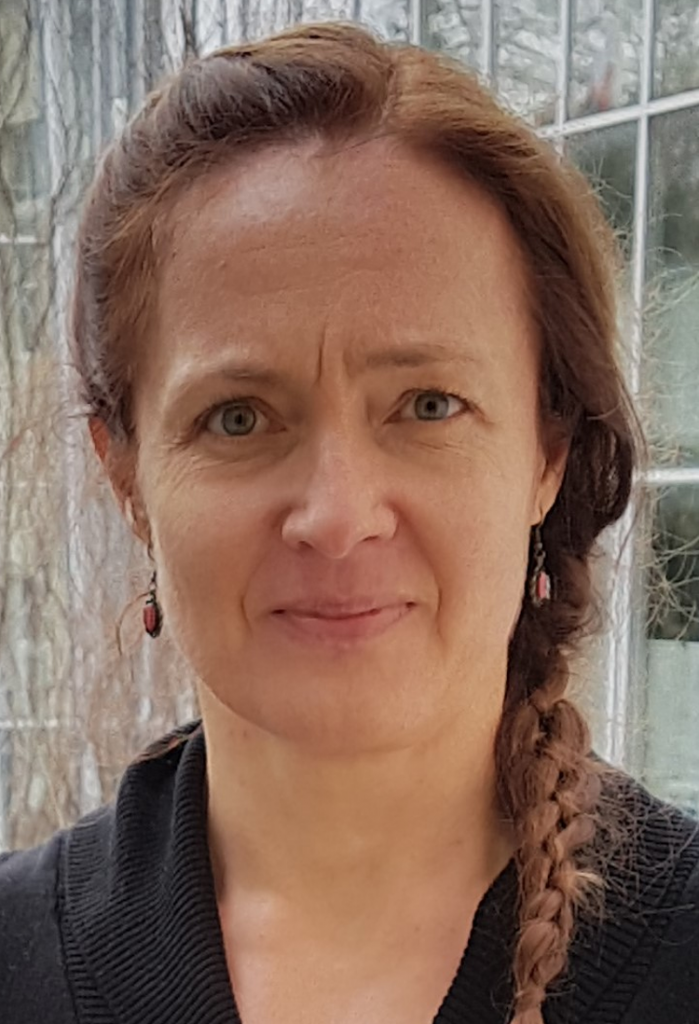
Prof Maarja Öpik
Professor in molecular ecology
Group Leader
maarja.opik@ut.ee
(+372-5053410)
ETIS
The main focus of my research has been the molecular detection and identification of arbuscular mycorrhizal (AM) fungi (subphylum Glomeromycotina). I have been at the forefront of molecular AM fungal research by developing DNA sequence-based nomenclatural system for Glomeromycotina with the goal to link the specimen (culture-) originating and environmental sequence information. This system of virtual taxa (VT) is implemented in the database MaarjAM, which collates published information about Glomeromycota sequences and related metadata (location, host, habitat information). Our team continues developing the system, as the data volumes and types continuously progress.
With the Virtual Taxon tool in our hands and accumulating ecological content of MaarjAM database, we look into the lives of AM fungi in natural and (strongly) human impacted habitats, in interaction with other micro-and macro-organisms and in relation to the functioning of the ecosystems.
On the applied side, we are exploring how to make use of AM fungi and soil biota for restoring vegetation, for directing succession of vegetation and in sustainable agricultural production. Much of this research happens in collaboration with our research partners and partners in the field.
I contribute as academic editor for the journals New Phytologist, Fungal Ecology and IMA Fungus.
Current projects:
- Soil fungi in the farming landscape (FUNFARM, Personal Research Grant PRG PRG1789; Maarja Öpik)
Elis Vollmer is a project manager at the Institute of Ecology, University of Tartu, and works as the head of the Centre of Renewable Energy at the Estonian University of Life Sciences (EMU). She has MSc in environmental protection. In the soil ecology group she supports management of the Environmental Observatory and FunFarm projects. She is the board member of the international Central and Eastern European Sustainable Energy Network (CEESEN). She leads the UN SDG workgroup as part of the Green University initiative at EMU. In 2018-2019, she was Estonian representative in the International Energy Agency. She has extensive experience in leading green transition projects (both national and EU level), project coordination, trainings and communication. Her special interest is in the applied research in just transition and knowledge transition from academia to society.
Current projects
Estonian Environmental Observatory KKOBS (2025-2029)

PhD Inga Hiiesalu-Vahter
Associate professor in plant ecology
inga.hiiesalu-vahter@ut.ee
ETIS
I study how the diversity of symbiotic fungi beneficial to plants varies across different environmental conditions and what abiotic and biotic factors shape these patterns. I am affiliated with the Centre of Excellence in Science “Agroecology and New Crops in Future Climates” and the research grant “FUNFARM”, which focus on crop microbiomes and the impact of land use on soil biota in agricultural landscapes. I am particularly interested in how different farming practices (e.g., organic vs. conventional farming, regenerative agriculture, pesticide use) influence the diversity of arbuscular mycorrhizal fungi and their associated ecosystem functions.
Additionally, I study how the diversity and ecological niches of microorganisms, including mycorrhizal fungi, vary across latitudinal and elevational gradients. I am fascinated by the ability of fungi and plants to thrive in extreme environments. I also explore the applications of environmental DNA (eDNA) in plant community characterization, with a collaborative project on this topic with the University of Namibia.
In my work, I use molecular methods, bioinformatics tools, and multivariate statistics to analyze mycorrhizal fungal communities. I have international research experience in Canada, the Czech Republic, and Germany, and I have participated in scientific expeditions to Iceland, Mongolia, Tasmania, the Himalayan highlands, Mexico, and Namibia.
Current projects:
- Soil fungi in the farming landscape (FUNFARM, Personal Research Grant PRG PRG1789; Maarja Öpik)
- Arbuscular mycorrhizal fungi along altitudinal gradients: relationships with evolutionary and ecological processes at multiple spatial scales (Personal Research Grant, Starting project PUT1170; Inga Hiiesalu)
- Interactive effects of local and landscape scale restoration of semi-natural grasslands and agricultural fields on species interactions and ecosystem functions (Interrest, Aveliina Helm)
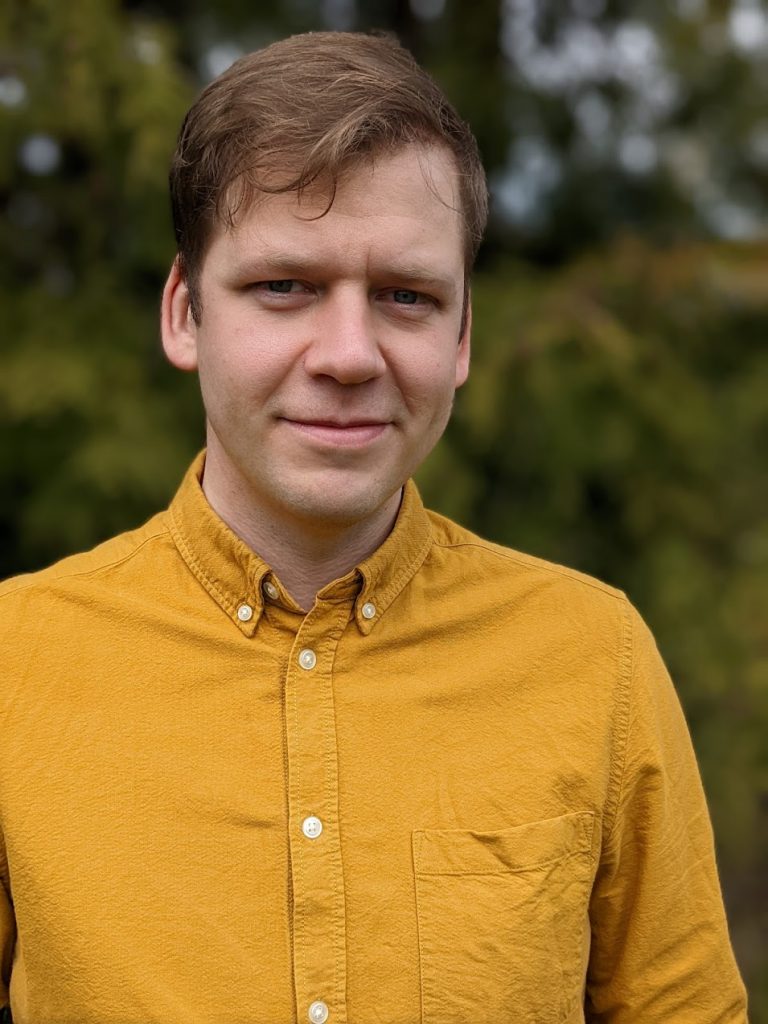
PhD Tanel Vahter
Research fellow in soil ecology
tanel.vahter@ut.ee
ETIS
I am broadly interested in ecology, but my research is mainly focused on topics related with soil. Soil is central to many ecosystem processes and the driving force behind is soil biota. For this reason my research is tightly connected with the diversity and dynamics of soil biota. I’m especially interested in systems where soil use and ecology meet in practice – agriculture, seminatural communities, ecosystem restoration in practice and etc. I feel especially happy when I can use knowledge and experience from basic studies to tackle problems in soil and nature conservation.
Current projects:
- Marie Skłodowska-Curie postdoc fellowship in the University of Helsinki 2025-2027
- Soil fungi in the farming landscape (FUNFARM, Personal Research Grant PRG PRG1789; Maarja Öpik)
- Centre of Excellence “Agroecology and new crops in future climates” (AgroCropFuture, Martin Zobel)
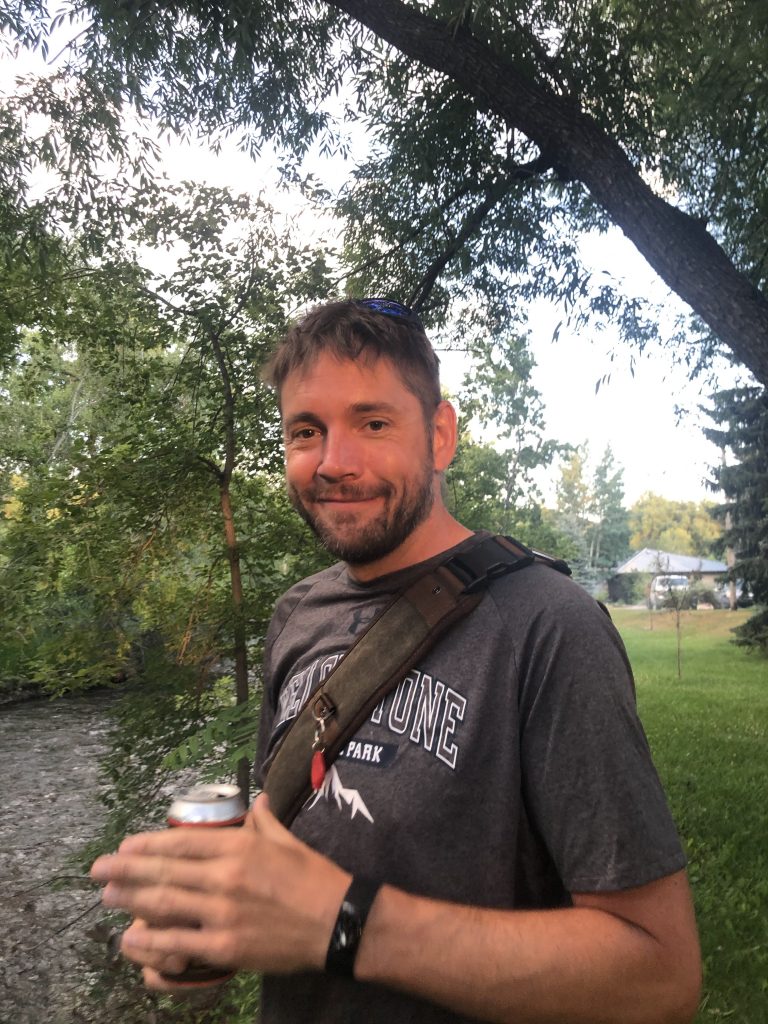
PhD Bo Maxwell Stevens
Research fellow in fungal molecular ecology
bo.maxwell.stevens@ut.ee
My research focuses on the ecology and molecular diversity of soil fungi and their roles in ecosystem function and sustainable agriculture. I have broad expertise spanning arbuscular mycorrhizal (AM) symbioses, microbial ecology, and bioinformatics, with ten years of experience linking molecular data to ecological processes. A central theme of my work has been the development and application of sequencing- and model-based approaches to understand the contribution of soil fungi to plant nutrition, biodiversity, and ecosystem dynamics. At the University of Tartu, my primary responsibility is the modernization and expansion of the MaarjAM database.
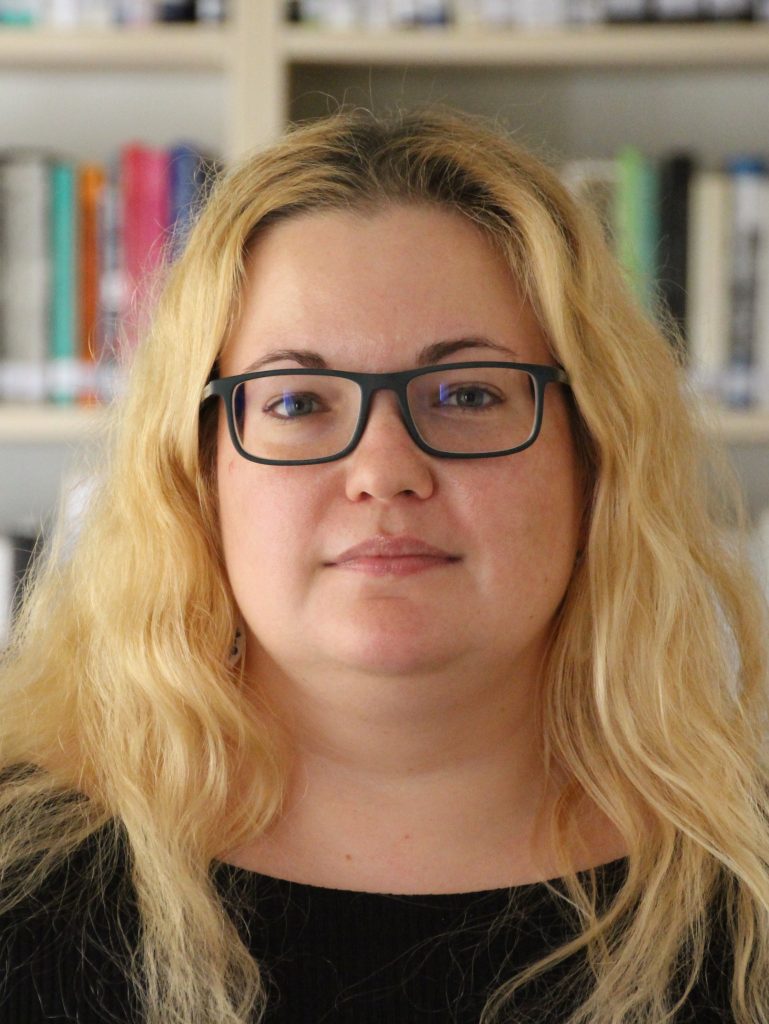
MA Eveli Neemre
analyst
eveli.neemre@ut.ee
I work as an analyst at the University of Tartu Centre for Applied Social Sciences, and I am also a PhD student of Philosophy of Science at the University of Tartu. In the Soil Ecology group, my research area is farmers’ community learning to solve sustainability problems (with a focus on soil health).
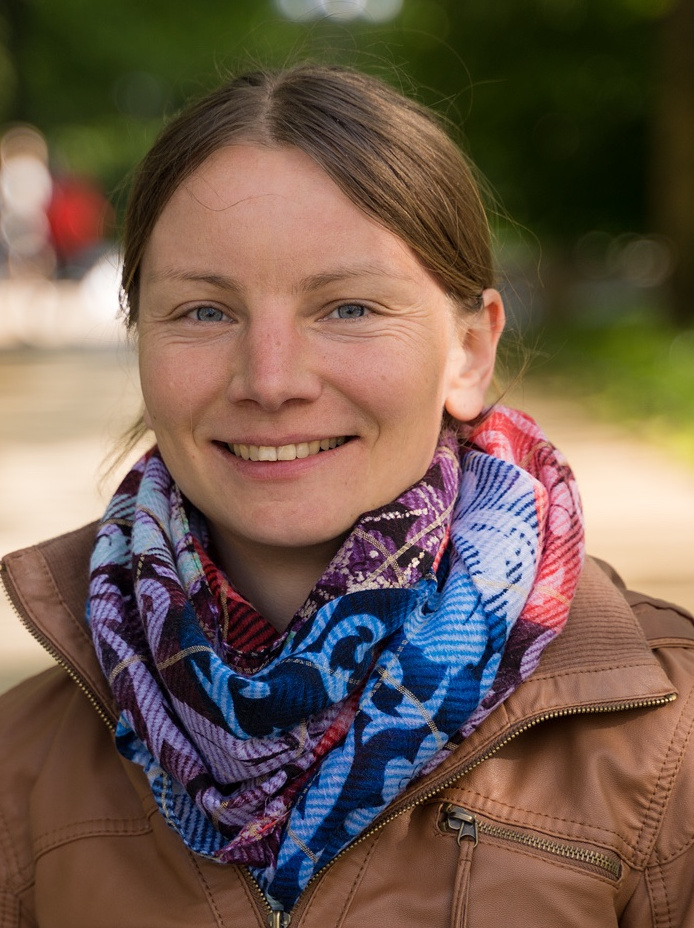
MSc Merili Simmer
Doctoral student in soil ecology
merili.simmer@ut.ee
My primary interest revolves around uncovering the secrets of fertile and healthy soil—understanding what it entails, how to grow, maintain, and restore it. I am particularly intrigued by the role of soil biodiversity in this process and how it can be influenced to benefit both food cultivation and ecosystem functionality. In my doctoral research, I delve into the specific distribution and role of arbuscular mycorrhizal fungi, a key group in soil life, within the agricultural landscapes of Estonia. I aim to explore evidence-based methods for managing soil life to preserve both biodiversity and agricultural productivity.
Current projects:
- Soil fungi in the farming landscape (FUNFARM, Personal Research Grant PRG PRG1789; Maarja Öpik)

MSc Sarkal Jyakhwa
Doctoral student in soil ecology
sarkal.jyakhwa@ut.ee
ETIS
Sarkal Jyakhwa is a junior research fellow in the Soil Ecology Workgroup at the University of Tartu, Estonia. He comes from Nepal. He holds a bachelor’s degree in agriculture from the Himalayan College of Agricultural Sciences and Technology (HICAST), Kathmandu, Nepal. In 2022, he graduated with a prestigious Erasmus Mundus master’s degree in plant breeding (emPLANT) from the Institute Polytechnique Unilasalle, France, and the University of Helsinki, Finland.
The aims of his project are (i) to identify how AM fungal diversity and abundance changes due to crop rotation and fertilization in a long-term organic experiment and (ii) to study the temporal dynamics of root trait development in response to different AMF species.
His research methodology includes collecting soil samples, subsequent DNA-based analysis of AM fungal diversity to characterize the AM fungal communities, X-ray CT scans, and other root analysis approaches.
Supervisors: Prof. Maarja Opik, Prof. Ivika Ostonen, and Assistant Professor Saoirse Tracy, University College Dublin, Ireland
Research project -Temporal observations of soil: root interactions with arbuscular mycorrhizal fungi
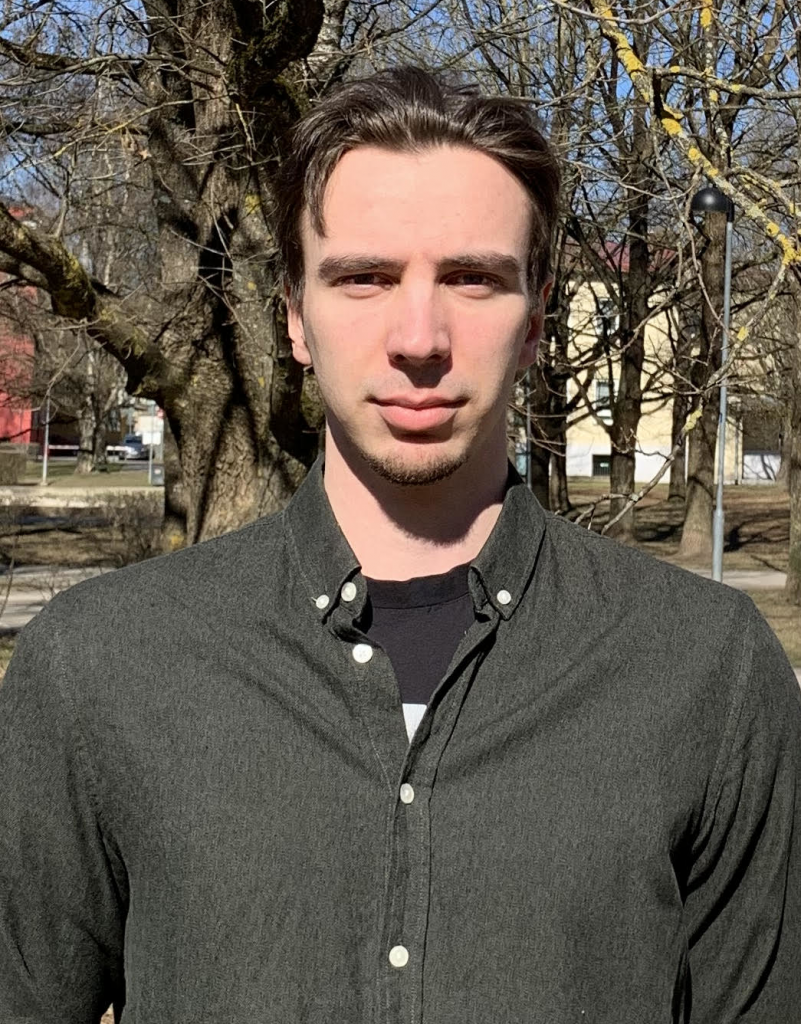
MSc Roland Lehemets
Doctoral student in plant ecology
roland.lehemets@ut.ee
ETIS
I’m interested in different groups of soil biota and sustainable agriculture. My master’s thesis investigated how different agricultural practices affect the diversity of soil biota and was supervised by Tanel Vahter, Martti Vasar and Maarja Öpik
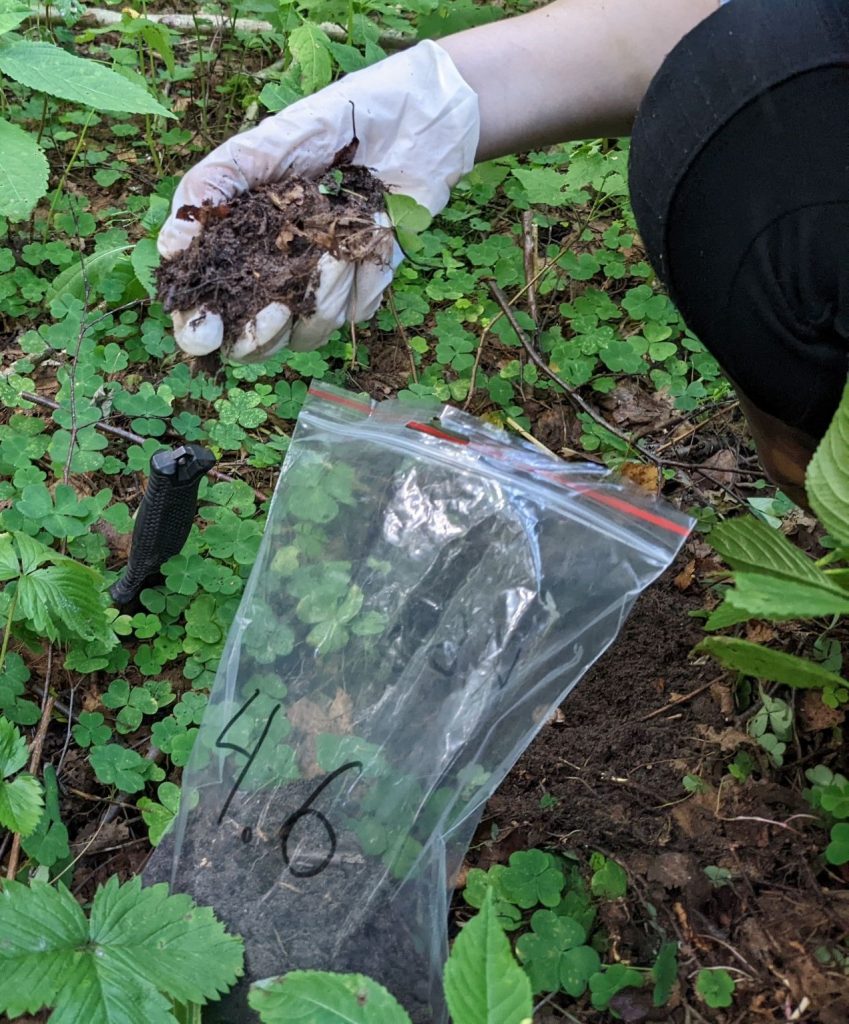
MSc Sirle Varusk
Doctoral student in plant ecology
sirle.varusk@ut.ee
ETIS
My research focuses on soil-dwelling arthropods, their feeding strategies, and their effects on soil microbial communities. I am particularly interested in how soil fauna diversity and abundance are shaped by environmental factors and how these organisms influence soil ecosystem functioning. In my work, I combine environmental DNA analyses with field-based mesocosm experiments. Previously, I have studied alien soil fauna species and compared different research methods. My ambition is to contribute to soil fauna research and to learn more about the exciting world beneath our feet.
Supervised by Inga Hiiesalu-Vahter & Sten Anslan.
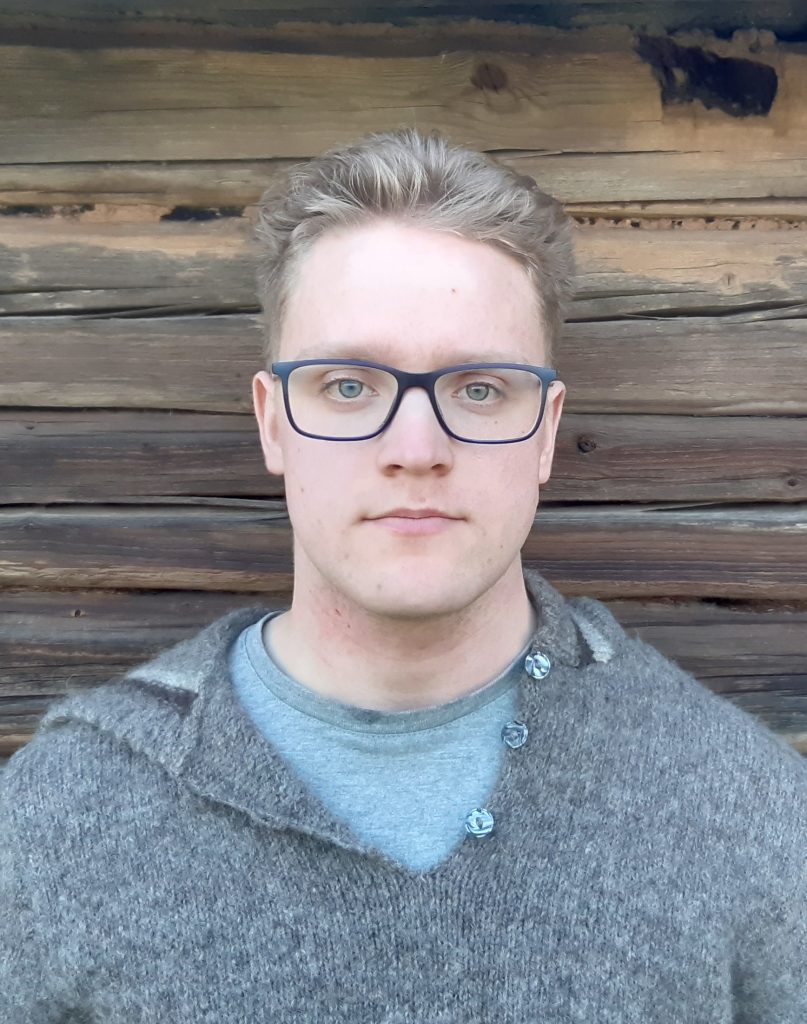
BSc Jaak Pärtel
Master´s student
jaak.partel@ut.ee
ETIS
My bachelor’s thesis investigated the global distribution and niche patterns of arbuscular mycorrhizal fungi, and was supervised by Inga Hiiesalu, John Davison, and prof Martin Zobel. I help the workgroup in the lab and also fieldwork in the future. I participate in research activities of soil ecology and community ecology workgroups.

Miriam Trummal
Bachelor´s student
miriam.trummal@ut.ee
ETIS
I enjoy combining two great interests of mine – biology and history – in my research.
My bachelor’s thesis involves historic and contemporary land use with its effect on soil biodiversity.
Supervisors: Tanel Vahter and Oscar Zárate-Martínez
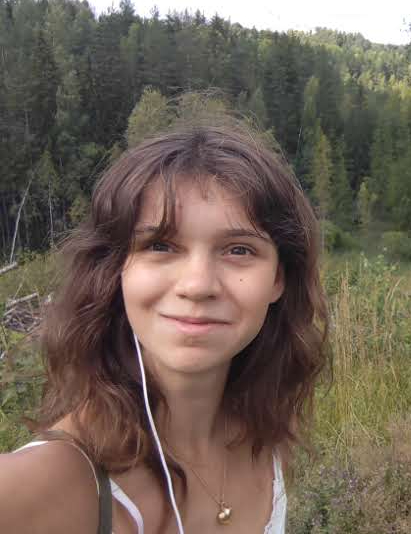
Nora Liis Kavald
Bachelor´s student
nora.liis.kavald@ut.ee
I am studying the effect of different moisture regimes on the root microbiome of faba bean varieties for my bachelor’s thesis. This research is part of the larger FUNFARM project, which investigates soil fungi in agricultural landscapes. My supervisor is Inga Hiiesalu.
